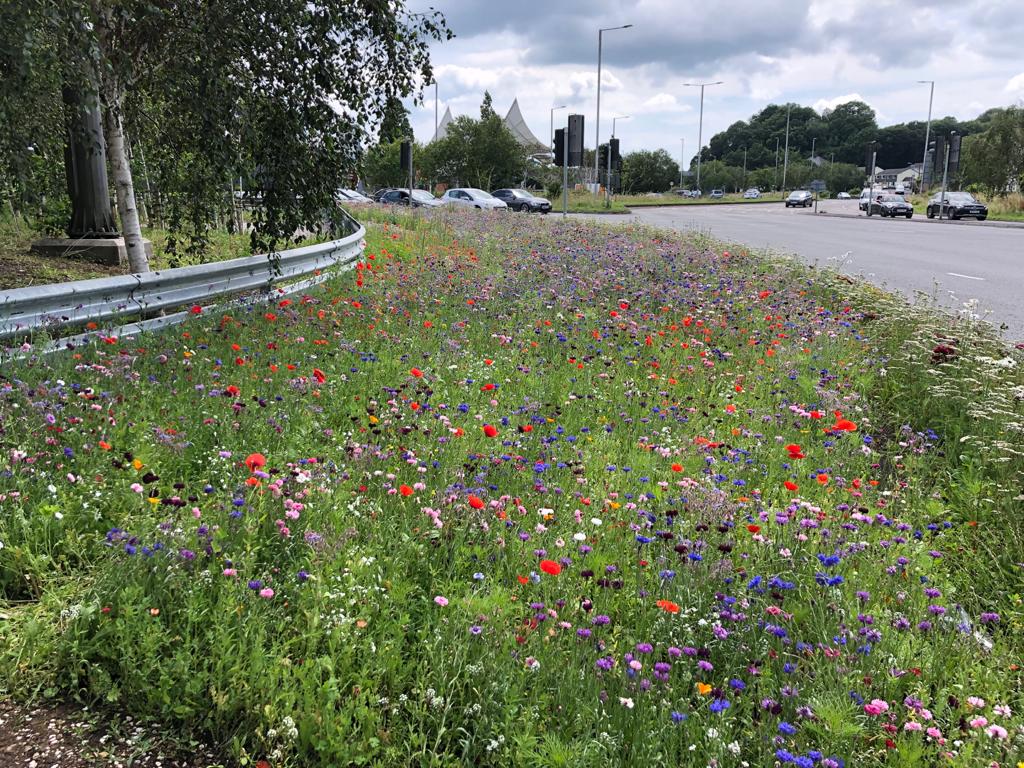Biodiversity Net Gain (BNG) is a hot topic at the moment, and with good reason.
We’ve written much about BNG previously (and don’t forget to check out our previous webinar on the topic, here) but it is a subject that deserves revisiting as timelines inevitably move us closer to BNG being written into law. Are you ready?
In short, BNG is an approach to development, and/or land management, that aims to leave the natural environment in a measurably better state than it was beforehand.
If BNG is something you’re relatively new to, Natural England has produced a simple overview video, which can be viewed on YouTube. We’ve also previously blogged on the subject…you can read the thoughts of our MD, James Hewetson-Brown, here.

The Environment Act sets out the following key components to mandatory BNG*:
> Minimum 10% gain required calculated using Biodiversity Metric & approval of net gain plan.
> Habitat secured for at least 30 years via obligations/ conservation covenant.
> Habitat can be delivered on-site, off-site or via statutory biodiversity credits.
> There will be a national register for net gain delivery sites.
> The mitigation hierarchy still applies to avoidance, mitigation and compensation for biodiversity loss.
> Will also apply to Nationally Significant Infrastructure Projects (NSIPs).
> Does not apply to marine development.
> Does not change existing legal environmental and wildlife protections.

Still have a query? Check out the great list of questions and answers, courtesy of the Local Government Association Planning Advisory Service.
*Source: Local Government Association Planning Advisory Service
